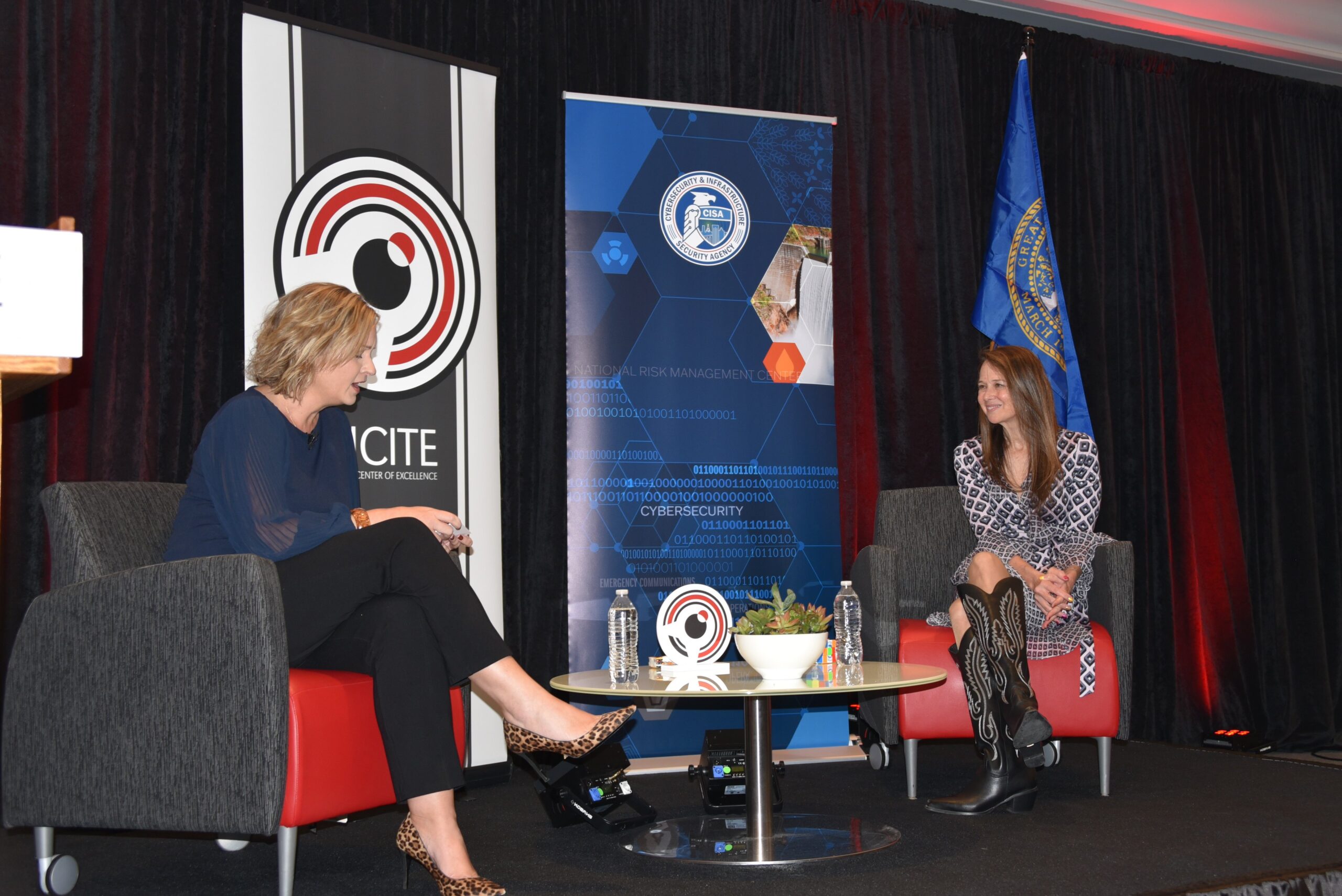Through all the federal government’s complex and dynamic cybersecurity needs, one challenge remains consistent year after year: the demand for cyber talent.
The White House has emphasized the critical need for cyber talent in and out of the public sector, especially given the country’s approximately 500,000 open cyber positions. To that end, the Department of Defense (DoD) and other federal agencies have released numerous implementation guidelines and directives to strengthen the nation’s cyber workforce.
Among these are the DoD Cyber Workforce Strategy for 2023-2027, which creates a unified direction for DoD cyber workforce management and growth, and the National Cyber Workforce and Education Strategy, a plan for developing a robust and diverse labor pool to effectively meet evolving digital demands. These initiatives are essential to strengthen our cyber workforce, especially in government.
Solving this challenge demands a united effort between the public and private sectors and academia. We have an opportunity to advance the nation’s cybersecurity posture by innovating collaboratively, revisiting the role of academia and recruiting top talent.
Closing the cyber talent gap
The talent needed to fill government roles exists, but the higher pay and greater agility associated with the private sector, as well as the complexity of navigating federal hiring processes, may deter motivated young people from exploring a broader range of options.
Public-private cyber partnerships function best when leaders from both sectors cultivate the ability to speak each other’s language.
Pat Tamburrino Jr.
Still, many recent graduates seek mission-oriented work. Tapping into that passion and providing effective and efficient mechanisms to serve is key to attracting talent to the public sector.
Initiatives like our organization’s NobleReach Scholars Program, which connects talented young cyber workers with government fellowships, can help create an ecosystem that nurtures talent and contributes to national security. To thrive, this crucial group of early-career professionals need a community of like-minded peers, exposure to emerging government challenges, professional development opportunities and mentors to support a positive public sector experience.
Recent Deloitte research finds that 89% of millennials desire a sense of purpose in their job. However, few young professionals expect to stay with one organization for their entire career, as I and many other public servants from previous generations did. According to the Bureau of Labor Statistics, the median number of years wage and salary workers have been with their current employers is 3.9 — the lowest it’s been since January 2002.
These two seemingly opposed workforce trends represent a tremendous opportunity for the government to bring in cyber talent for shorter periods. These employees can then grow their skills, contribute to an impactful mission and, as Cybersecurity and Infrastructure Security Agency Director Jen Easterly often says, “forward deploy” to the private sector for an overall stronger American cyber workforce.
Another constant: Public service provides a means to work on problems of importance to our citizens. The ability to make an impact is real and tangible.

Reaching across sectors for success — and security
Solving our nation’s greatest cybersecurity challenges requires collaboration between government, academia and industry to build an ecosystem where both cyber innovation and mission-driven talent flourish.
Partnerships between private organizations and government research agencies can spark groundbreaking research and innovations in cybersecurity. Meanwhile, private sector entrepreneurs and changemakers offer ingenuity and an understanding of what’s required to scale.
Public-private cyber partnerships function best when leaders from both sectors cultivate the ability to speak each other’s language — from the nuances of government decision-making to the commercial sensibilities informing effective policies. This builds trust across stakeholders and fosters a better understanding of our common challenges.
Schools must bring government problems into the classroom
Universities play a pivotal role in shaping talent, fostering innovative thinking and providing a sense of reassurance about the quality of future leaders. To effectively develop a cyber workforce ready to meet the nation’s most pressing challenges, the academic world must design a curriculum tailored to public sector cybersecurity needs.
Coursework should emphasize experiential learning in addition to real-world applications. This approach empowers students and faculty to make meaningful contributions to society and prepares them for the dynamic and evolving nature of the cyber workforce.
Programs that offer further education with fully compensated roles within the government enrich the experience for upcoming professionals, providing a unique blend of practical work and theoretical learning.
These unfilled positions, combined with the next generation’s mission-driven ambition, create a unique opportunity for the government to acquire top talent and strengthen the country’s cybersecurity posture. With the right mindset, curriculum and programs, tomorrow’s talent will transform public sector cybersecurity for the better.







